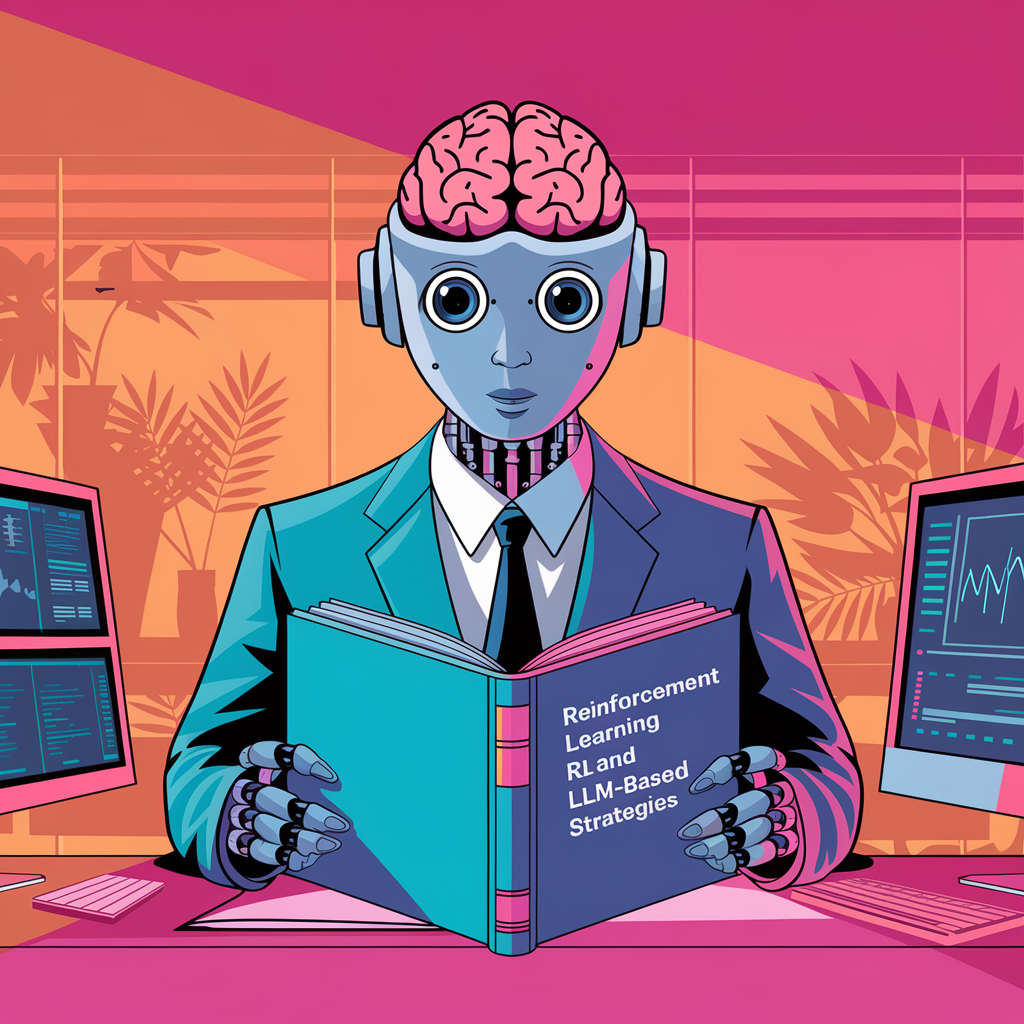
Understanding Agentic AI’s Reasoning and Decision-Making
Overview
Agentic AI adds significant value by reasoning in complex environments and making smart decisions with little human help. This article highlights how input is converted into meaningful actions. The Reasoning/Decision-Making Module acts as the system’s “mind,” guiding autonomous behavior across various platforms, from chatbots to robots.
How It Works
The module connects real-world observations to the agent’s goals. It processes signals and data to understand the current situation, predicts the outcomes of different actions, and chooses the best one based on its objectives. This process allows the agent to effectively respond to its environment.
Human-Like Decision Making
Like humans, Agentic AI combines learned knowledge with immediate observations to make decisions. It uses multiple computational strategies to adapt to various situations. While traditional systems work well for defined problems, they struggle with unexpected scenarios. Machine learning offers flexibility but can lack transparency. Agentic AI merges these methods for better outcomes.
Combining Learning Approaches
Agentic AI utilizes:
- Reinforcement Learning (RL): Agents learn by interacting with their environment to maximize rewards.
- Large Language Models (LLMs): Models like GPT-4 can understand complex instructions and communicate naturally.
This combination allows agents to handle unforeseen situations while following rules.
Classical vs. Modern AI
Classical Symbolic Reasoning: Uses rules and logic to make decisions, effective for specific tasks but struggles with uncertainty.
Reinforcement Learning: Learns from experiences, allowing agents to adapt in changing environments.
The Decision-Making Process
The typical decision-making workflow includes:
- State Estimation: Understanding the current environment through processed inputs.
- Goal Interpretation: Identifying objectives, either set by humans or learned through experience.
- Policy Evaluation: Assessing possible actions based on goals and current state.
- Action Selection: Choosing the best action to take.
- Outcome Assessment: Evaluating the results and learning from them.
Ensuring Safe and Ethical Actions
To prevent harmful behavior, AI must adhere to safety and ethical guidelines. Developers implement rules ensuring compliance with regulations and moral standards in AI systems.
Real-World Applications
The Reasoning/Decision-Making Module is vital in various fields:
- Industrial Robotics: Coordinating robots in manufacturing.
- Autonomous Vehicles: Managing driving tasks and ensuring safety.
- Conversational Agents: Enhancing customer interactions with context-aware responses.
- Healthcare and Finance: Supporting decision-making in critical areas.
Conclusion
The Reasoning/Decision-Making Module is essential for Agentic AI, enabling it to interpret data, forecast outcomes, and make informed choices. By integrating various learning strategies, AI systems can adapt and respond effectively to real-world challenges.
Unlocking AI Potential for Your Business
AI can transform how you work. Here’s how:
- Identify Automation Opportunities: Find areas in customer interactions that can benefit from AI.
- Define KPIs: Ensure measurable impacts from AI implementation.
- Select an AI Solution: Choose tools that meet your specific needs.
- Implement Gradually: Start small, gather data, and expand usage wisely.
For more information on AI solutions, contact us at hello@itinai.com. Stay updated with AI insights on our Telegram channel or follow us on @itinaicom.




























